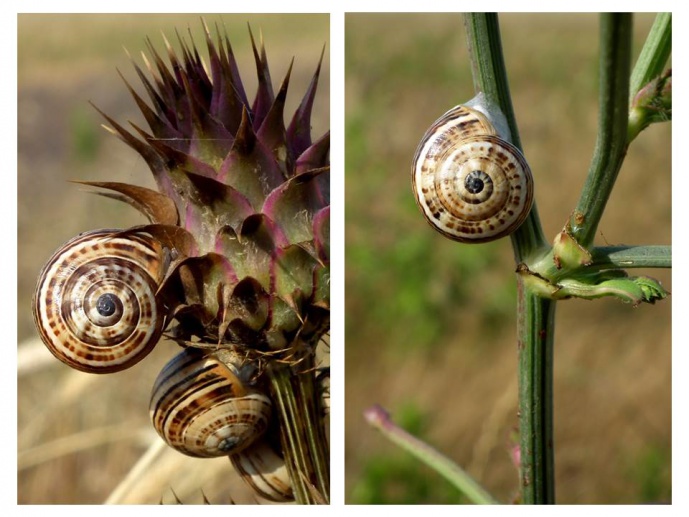DISPERSAL OF ALIEN SPECIES REDEFINES BIOGEOGRAPHY

CIBIO-InBIO researchers César Capinha and Henrique Pereira co-authored an article on the dispersal of invasive species and the way it redefines the biogeography published yesterday by the prestigious scientific journal Science.
This is a pioneer study, which provides the first empirical evidence to support an old hypothesis: that globalization in human-mediated dispersal of species breaks down biogeographic boundaries. In addition, the outcomes of this study further demonstrate that climate and, to some extent, socioeconomic relationships, play a key role in defining biogeography in an era of global change.
These important findings have made cover of the national newspaper Público, which has highlighted the study in the news piece:
Acção humana está a tornar os ecossistemas cada vez mais iguais | Público | Jun 12, 2015 (in Portuguese only)
A viagem dos caracóis para a Austrália, ou a globalização das espécies | Diário de Notícias | Jun 12, 2015 (in Portuguese only)
A globalização já se faz notar no mundo animal e vegetal | Notícias Universidade do Porto | Jun 15, 2015 (in Portuguese only)
To read the press release for this article, click here (International version) and here (Portuguese version)
To access the original paper, please follow the link below:
Capinha C, Essl F, Seebens H, Moser D, Pereira HM (2015) The dispersal of alien species redefines biogeography in the Anthropocene. Science, 12 (doi: 10.1126/science.aaa8913)
Image
The white garden snail (Theba pisana), an European species that is now wide spread in temperate regions worldwide. This species now thrives in places such as California, South Africa, southern Argentina and southern Australia. Image credits: César Capinha